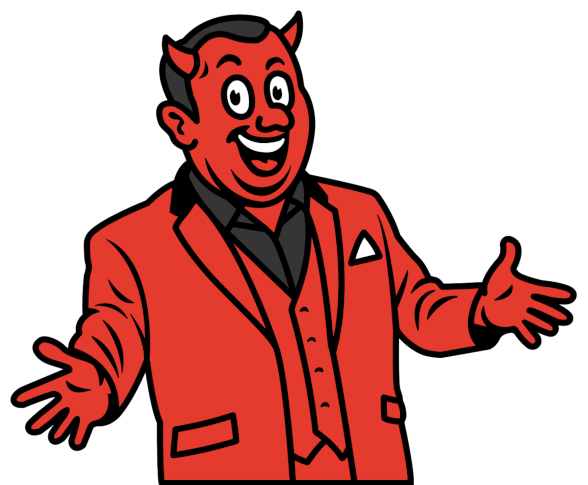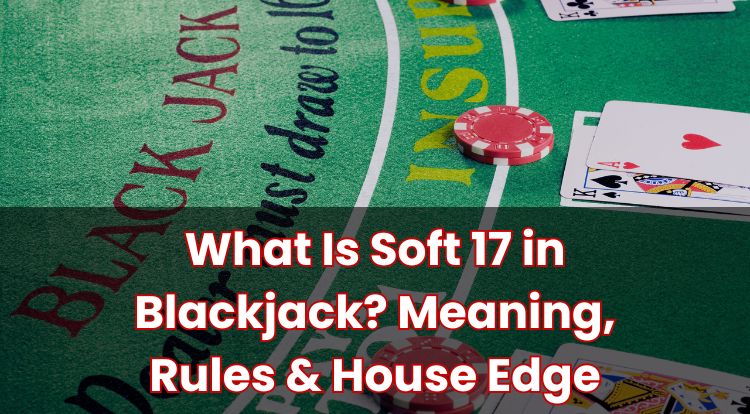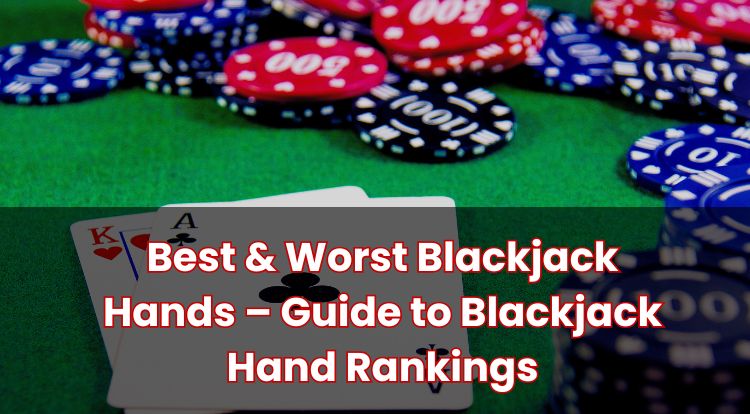Average Dealer Hand In Blackjack: What Is It?
Blackjack, a classic table casino game, is a blend of skill, strategy, and a pinch of chance.
One aspect that often piques the interest of both novice and seasoned players is the average dealer hand in blackjack.
This 666 Casino blog will delve into the intricacies of the dealer’s average hand, the probability of a dealer bust, and the impact of the soft 17 rule, among other intriguing topics.
What Is The Average Dealer’s Hand In Blackjack?
In the game of blackjack, the dealer’s average hand is typically around 17. This is due to the standard rule that dealers must hit on hands that are less than 17 and stand on hands that are 17 or higher.
However, the dealer’s average hand can be influenced by factors like the game’s specific rules and the number of decks used.
For instance, some casinos may permit the dealer to hit on a soft 17 (a hand totalling 17 that includes an Ace), while others may require the dealer to stand. This rule can notably impact the dealer’s average hand.
Similarly, the more decks used in the game, the higher the dealer’s average hand tends to be.
Why Do Blackjack Dealers Always Get 20?
While it may seem like blackjack dealers frequently end up with a hand totalling 20, this is not always the case.
It is essential to remember that blackjack is a game of chance, and the outcome of each hand is determined by the cards dealt. The dealer is subject to strict rules and regulations and must follow the game’s rules, which can potentially limit their ability to make strategic decisions.
However, the idea that the dealer always gets 20 might stem from the fact the dealer has a slight advantage over the players. This is primarily because the dealer plays last; if a player busts (goes over 21) first, they automatically lose the hand. Moreover, the dealer only loses if their hand is lower than the player’s or if they bust.
What Percentage of Hands Should You Win In Blackjack?
The percentage of hands a player should win in blackjack can differ based on various factors, such as the player’s skill level and the game’s rules.
However, on average, players win around 42% of hands. These odds can be influenced by whether the dealer hits or stands on a soft 17.
With a solid strategy and a good grasp of basic blackjack rules, players can potentially lower the house advantage, thus increasing their chances of potentially winning.
Does The Dealer Have Advantage In Blackjack?
Yes, the dealer does have an advantage over the players in blackjack, but it is not as significant as some might believe.
The dealer’s advantage comes from the rule that the player must act first; if the player busts, they automatically lose. On the other hand, the dealer only loses if their hand is lower than the player’s or if they bust.
However, the dealer’s advantage is somewhat mitigated by the fact that they must play by a set of strict rules, which can limit their ability to make strategic decisions.
For instance, most dealers are required to hit on hands that are less than 17 and stand on hands that are 17 or higher. Moreover, unlike players, dealers do not have the option to split or double down, which are strategies that may potentially increase a player’s chances of winning.
Do Blackjack Dealers Cheat?
Contrary to a common misconception, blackjack dealers do not cheat.
Dealers are highly trained professionals who are subject to strict rules and regulations. They are also closely monitored by the casino to ensure that they adhere to the rules and provide a fair game.
The outcome of each blackjack hand is determined by the cards that are dealt, and there is no way for the dealer to cheat or influence the game’s result.
It is important to remember that blackjack is a game of chance, and the dealer is just as likely to lose as the players are.
Blackjack Dealer Bust Probability
The dealer’s probability of busting in blackjack can change based on their upcard.
For instance, in some versions of blackjack, the dealer has different odds of potentially going bust based on their upcard. For example, if the dealer’s upcard is a six, they have around a 42.08% chance of busting. Conversely, if their upcard is an Ace, they only have an 11.65% chance of busting, respectively.
Understanding the dealer’s bust probability can help players make strategic decisions when playing, potentially lowering the house edge. However, it is important to note that blackjack is a game of chance, and these percentages are averages calculated over a long period of play.
In conclusion, understanding the dealer’s average hand in blackjack and the probability of them busting may provide the player with a better playing experience.
However, it is essential to remember that blackjack is a game of chance, and the outcome can never be entirely predicted. Always play responsibly and enjoy the fun that the game of blackjack offers.
*All values (Bet Levels, Maximum Wins etc.) mentioned in relation to this game are subject to change at any time. Game features mentioned may not be available in some jurisdictions.





